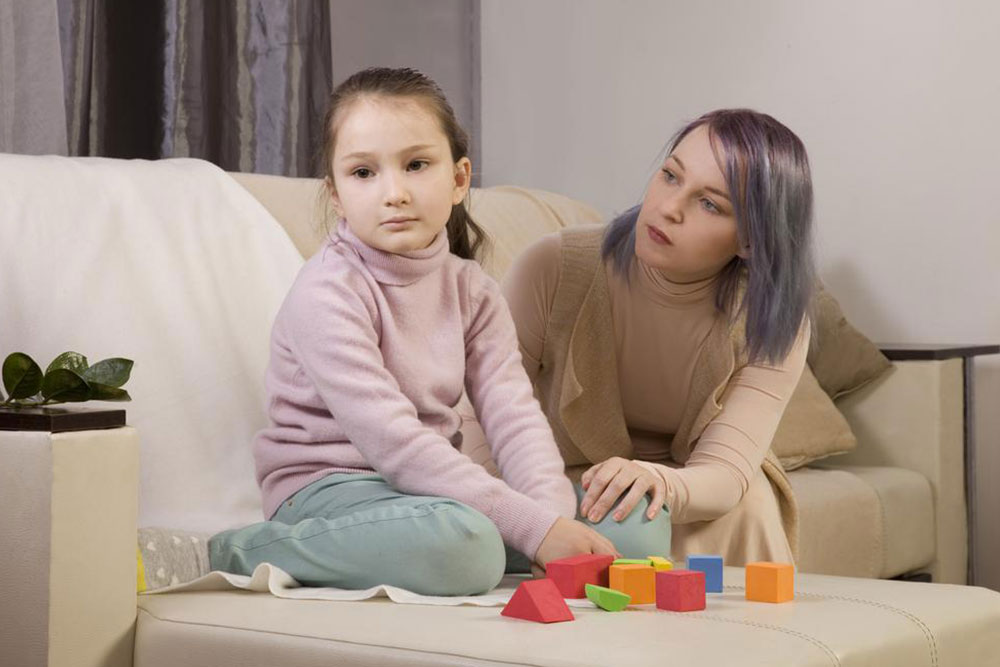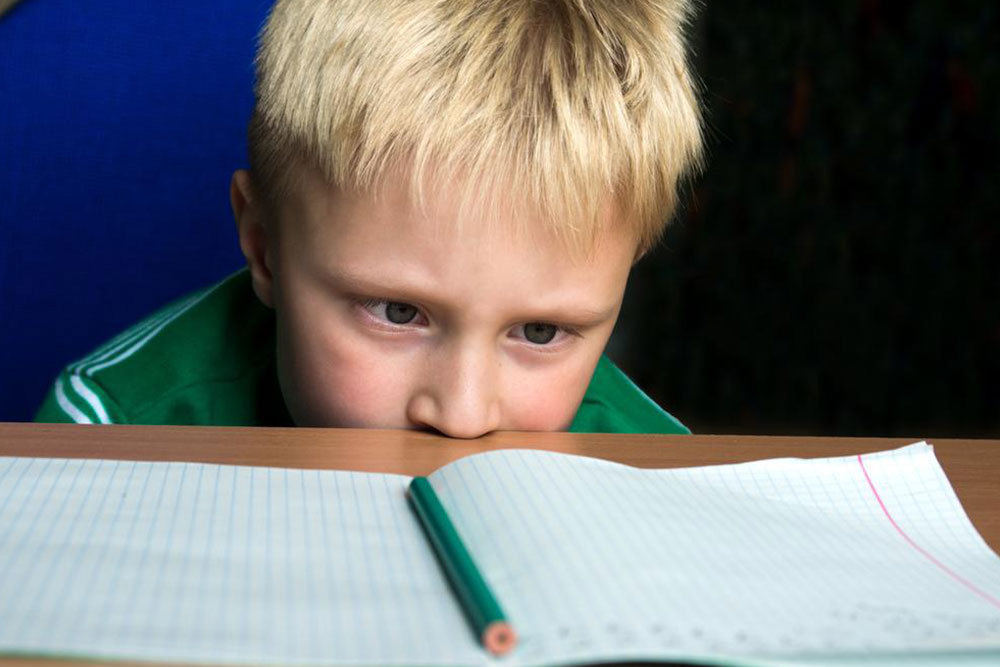Importance of Parental Guidance and Education Initiatives
This article underscores the importance of parental education programs in today's changing society. It explores different types of programs, their goals, and how they support parents in raising well-rounded children. With evolving family dynamics, structured guidance helps address unique challenges, improve parenting skills, and promote healthier child development. These initiatives are vital for preventing abuse, fostering better communication, and ensuring children succeed academically and socially. Overall, parental education programs are essential tools for nurturing stronger family units in contemporary life.
Sponsored

Significance of Parental Guidance and Education Initiatives
Many question whether parenting skills are instinctive or require formal education. However, support and guidance for parents have always existed through various channels. Today, these are provided via structured classroom programs designed to improve parenting practices.
Evolution of Parenting Support and Emerging Challenges
Historically, extended families, neighbors, and communities offered guidance to new parents. Yet, modern social changes—such as nuclear families, single-parent households, and diminished multigenerational ties—have created isolated parenting environments.
Factors like increased working mothers, technological advancements, and shifting social norms present new parenting challenges. Additionally, at-risk families facing financial hardship, substance issues, or abuse require targeted interventions.
Categories of Parental Guidance Programs
Primary programs: Focused on promoting effective parenting skills and encouraging active parental involvement in children’s education. Participation is voluntary and aimed at the general public.
Secondary programs: Designed for parents of children at risk for neglect or abuse, focusing on self-awareness and addressing specific challenges. These may be voluntary or court-mandated.
Tertiary programs: Tailored for parents with histories of abuse, addiction, or incarceration, aiming to retrain parenting approaches. These are usually court-ordered and involve in-depth personal review.
Common objectives of parental education
Across all levels, these programs strive to enhance knowledge of child development, improve parent-child communication, and adopt positive discipline strategies. They also emphasize parental involvement in schooling and realistic expectations, promoting balanced lifestyles that include play and learning.
Research indicates that children benefit academically and behaviorally when parents actively support their education. Overall, parental guidance initiatives help prevent abuse, improve caregiving skills, and foster healthier family environments.






